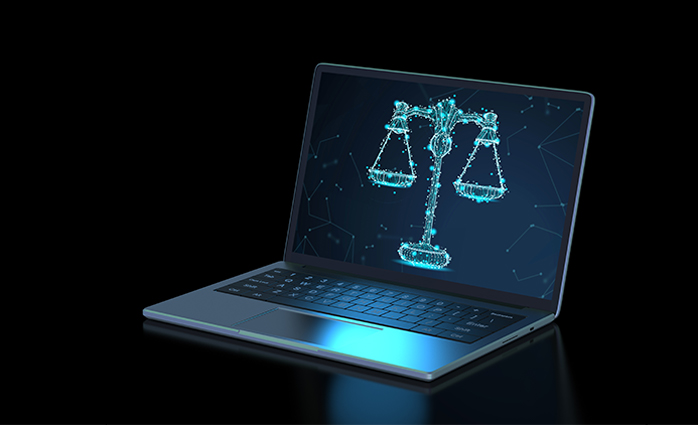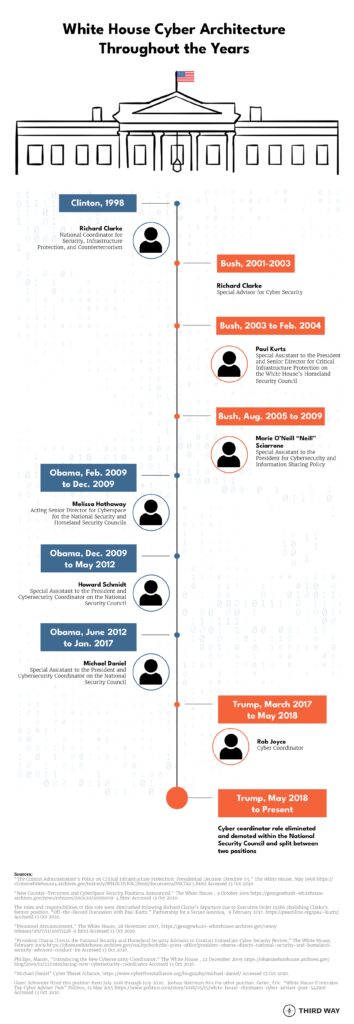The Evolution of Cyber Law: Protecting Digital Rights in the 21st Century

Introduction
With the rapid advancement of technology, legal systems worldwide have struggled to keep up with the evolving landscape of digital rights and cyber law. The rise of cybercrimes, data privacy concerns, and intellectual property violations necessitates a robust legal framework to regulate the digital world. This article explores the evolution of cyber law, key legislations, landmark cases, and the future of digital rights protection.
The Emergence of Cyber Law
Cyber law, also known as Internet law or IT law, encompasses legal issues related to the use of technology and the internet. It governs aspects such as data protection, cybercrimes, e-commerce, and intellectual property in the digital space. The need for cyber law emerged with the commercialization of the internet in the 1990s, leading to concerns over digital fraud, online defamation, and privacy violations.
Early Cyber Law Regulations
One of the earliest laws addressing cyber-related issues was the Computer Fraud and Abuse Act (CFAA) of 1986 in the United States, which criminalized unauthorized access to computer systems. Similarly, the Data Protection Act of 1998 in the UK aimed to regulate personal data handling and processing. Other nations soon followed, introducing their own cyber law regulations to address digital threats.
Key Areas of Cyber Law
1. Data Privacy and Protection
Data privacy has become a significant concern in the digital age, especially with companies collecting vast amounts of user data. Regulations such as the General Data Protection Regulation (GDPR) in the European Union and the California Consumer Privacy Act (CCPA) provide stringent guidelines on how organizations handle personal data.
Landmark Case: Google Spain SL v. Agencia Española de Protección de Datos (2014)
This case established the “Right to Be Forgotten” principle under the GDPR, allowing individuals to request the removal of personal information from search engine results.
2. Cybercrimes and Digital Security
Cybercrimes include offenses such as hacking, identity theft, online fraud, and cyberstalking. Countries have enacted strict laws to combat these threats:
- The Cybersecurity Law of China (2017) mandates stringent cybersecurity protocols for businesses.
- The Indian Information Technology Act (2000) criminalizes hacking and digital fraud.
- The USA PATRIOT Act expands law enforcement’s ability to monitor cyber activities in response to national security threats.
3. Intellectual Property Rights in the Digital Space
The digital age has led to increased intellectual property (IP) violations, such as unauthorized software distribution and digital piracy. Laws like the Digital Millennium Copyright Act (DMCA) in the US and the WIPO Copyright Treaty provide legal remedies against digital copyright infringement.
Landmark Case: A&M Records, Inc. v. Napster, Inc. (2001)
This case set a precedent for digital music piracy, ruling that Napster was liable for copyright infringement by facilitating peer-to-peer file sharing.
4. E-Commerce Regulations
Online businesses must comply with e-commerce regulations to protect consumer rights. Laws such as the Electronic Signatures in Global and National Commerce Act (E-SIGN Act) and the EU’s E-Commerce Directive regulate electronic contracts and digital transactions.
The Challenges of Enforcing Cyber Law
Despite advancements in cyber law, enforcement remains a significant challenge due to:
- Jurisdictional Issues: Cybercrimes often involve multiple countries, making it difficult to determine legal authority.
- Anonymity on the Internet: Perpetrators can hide their identities using encryption and dark web technologies.
- Rapid Technological Advancements: Laws struggle to keep pace with emerging technologies such as artificial intelligence and blockchain.
The Future of Cyber Law
As technology evolves, the future of cyber law will focus on:
- Stronger AI Regulations – Legal frameworks for AI ethics, algorithm transparency, and data bias prevention.
- Enhanced International Cooperation – Cross-border collaboration to combat global cybercrimes.
- Regulation of Cryptocurrencies – Establishing legal guidelines for digital currencies and blockchain transactions.
- Improved Consumer Protection – Strengthening laws to safeguard digital consumers from scams and misinformation.
Conclusion
Cyber law is an ever-evolving field that plays a crucial role in protecting digital rights and ensuring online security. As technology continues to advance, legal systems must adapt to new challenges, ensuring that individuals and businesses are safeguarded in the digital era. Governments, legal professionals, and technology experts must work together to build a more secure and legally sound cyberspace.

